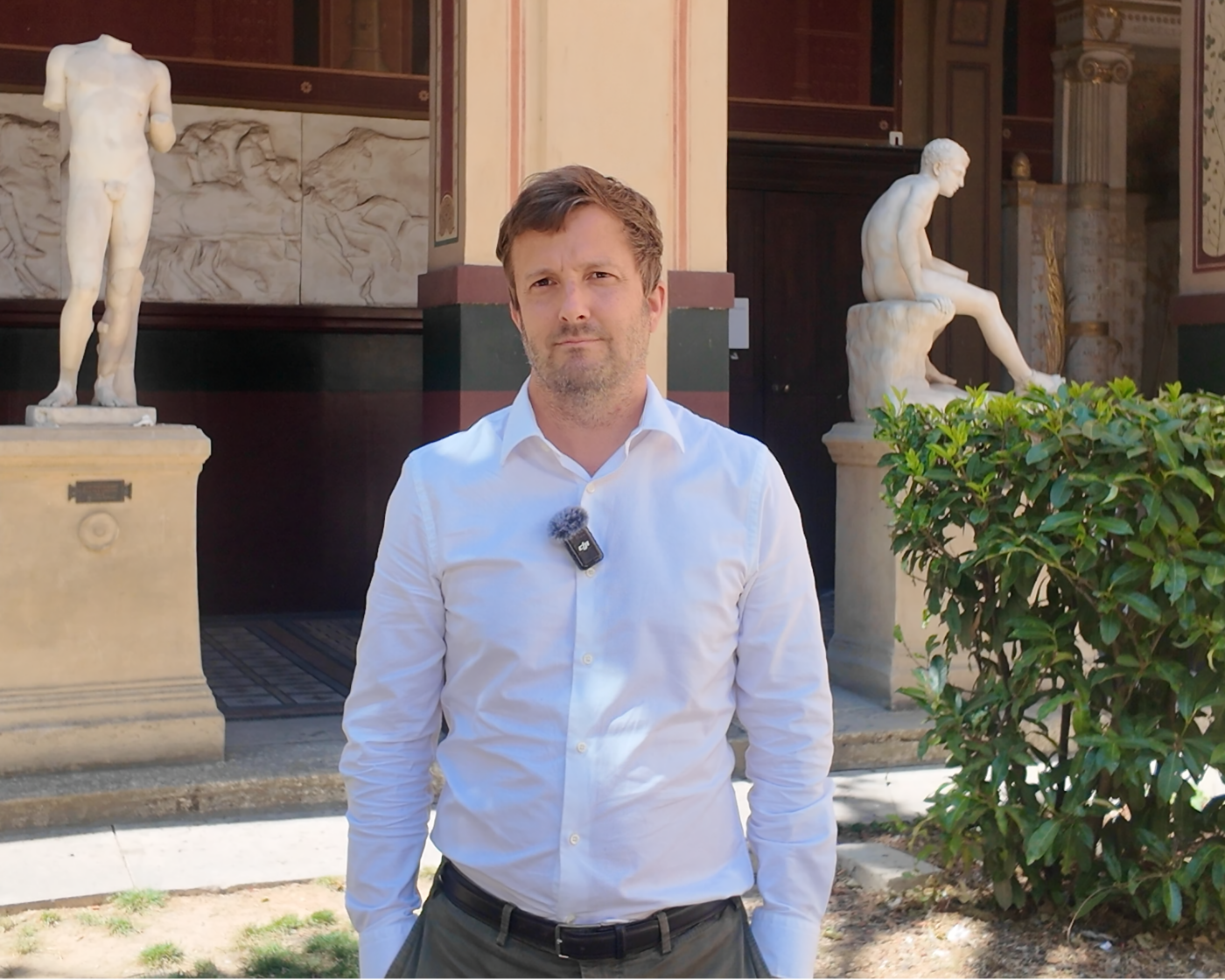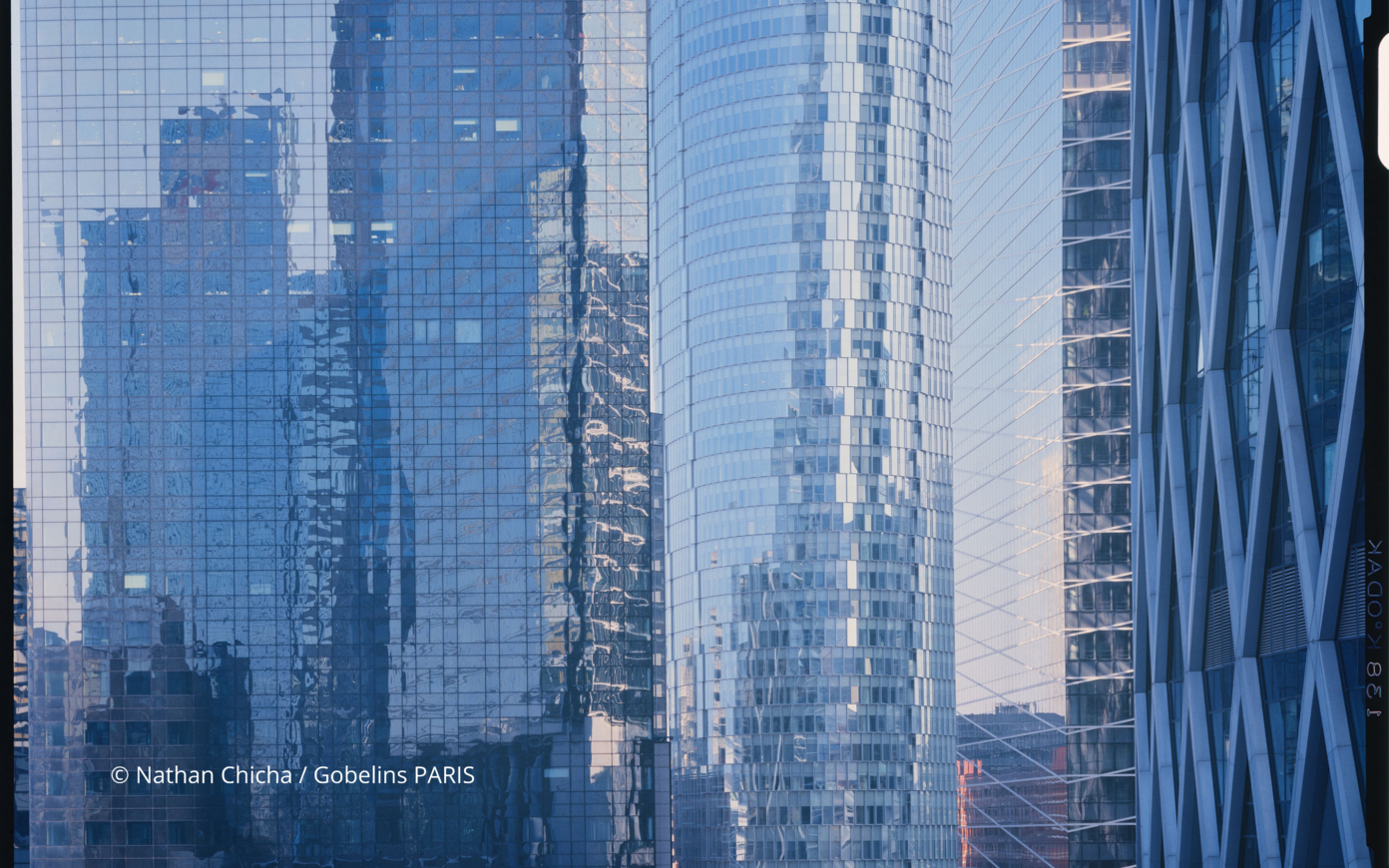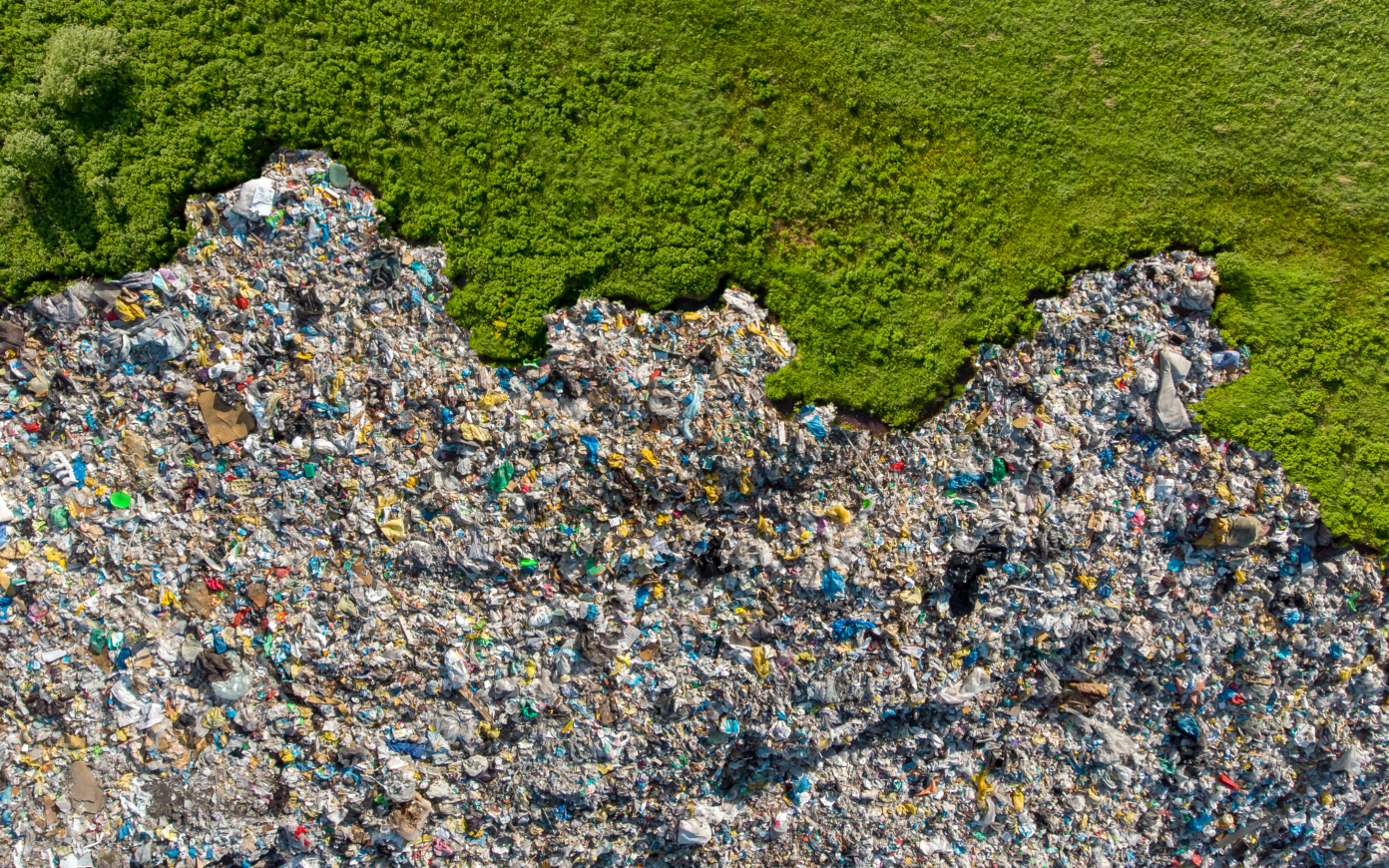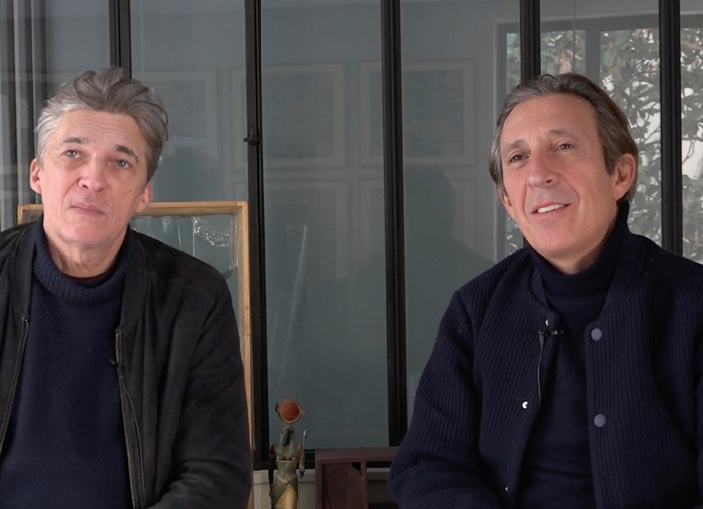Producing Architecture
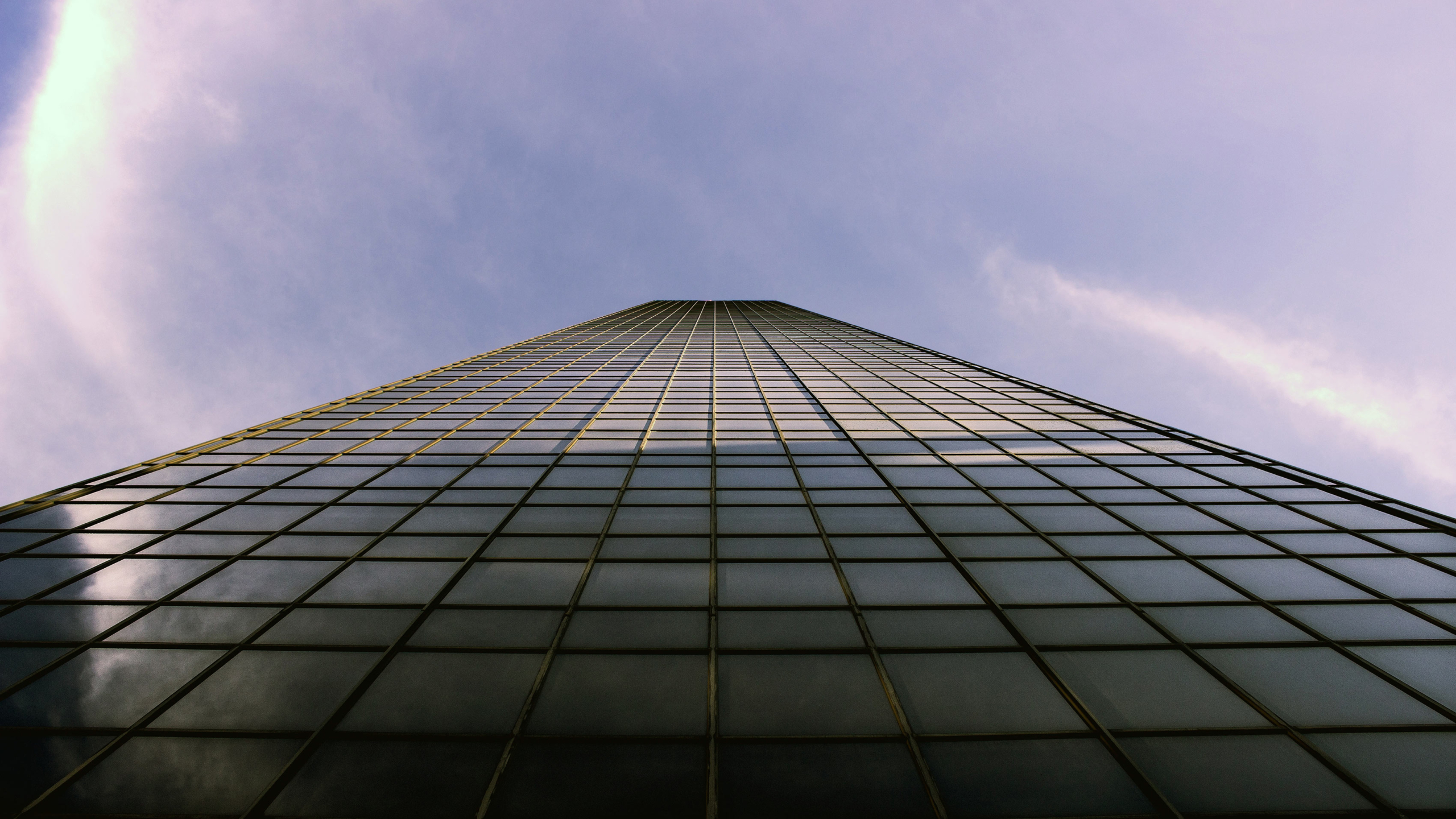
- Publish On 11 January 2017
- Bertrand Julien-Laferrière
What is the impact of current economic transformations (the financialization and the acceleration of the economy, the increasing value of intangible assets) on the way architecture is produced? In only ten years, a massive influx of private capital has transformed existing buildings into fast-moving liquid financial assets. On the contrary, the production process of new projects has slowed down considerably and become much more complex, all the while the resources of the government and local authorities are dwindling. As a result, a process of devolution and transfer of architectural production to the private sector is occurring, and it is probably irreversible. In France, cultural and architectural needs were seen as being legitimately addressed only by public contracts due to the country’s Jacobin tradition (i.e., a centralized State tradition). Private commissions must gradually emancipate from the tutelage of the public sector; to achieve this, private decision-makers must increase their knowledge of architecture and architects and understand that design is at the heart of the process of value creation.
Bertrand Julien-Laferrière graduated from École Centrale, Paris, University of California, Berkeley, and Insead. He is Head of Real Estate at Ardian, a leading Alternative Asset Manager in Europe.
How does time impact architectural production and quality? How are production processes and organization models adapting to the acceleration of time and will they eventually influence the architectural product? What are the cultural and professional responses to this paradoxical situation of having to manage an increasingly complex context against a backdrop of accelerating consumption and information? How can development approaches be made sustainable when the Zeitgeist is to network dissemination?
Architecture, in between finance and politics
Today, we find that production times in our Western societies tend to become longer and longer: the administrative and regulatory framework is expanding due to the concern of better protecting citizens, the city, democracy, and the planet. The discussions on participation, the stages of consultation, the influence of community associations and lobbies increasingly mark the production process of urban design and construction. Electoral deadlines make the launch of major operations either possible or impossible even though politics should be concerned with the public interest on the long run, going well beyond political timing considerations.
Local authorities set the pace of urban developments; urban authorities and their technical departments undertake to control the development of supply and sometimes even to regulate the market. They aim to develop their urban spaces and, at the same time, to control them.
At the same time, money flows ever more rapidly, and buildings that had had one, or possibly two, owners over one hundred years, are now changing hands several times in a single decade.
Investment funds, with their ever higher financial resources, form and dissolve, invest in a country or another, in an asset class or another, move the sliders of time to suit their cash-flow simulations and return on investment calculations.

